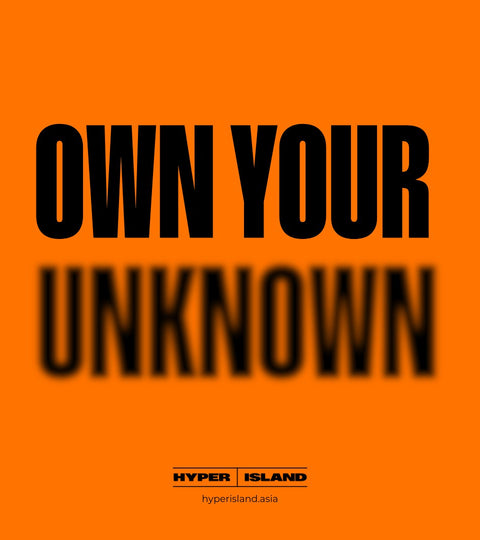The Future Demands AI—Augmented Intelligence
Over the past year, much of the buzz in the business landscape has been around generative AI. How does it work? How can it get things done faster? How can it help people save on cost? How will it change industries? How will it make work easier for us?
These questions, while important, provide cover for awkward and challenging questions, such as: Who provides training data for the generative AI tools that have taken the world by storm? How are they compensated? Who funds these tools and what are their larger goals with AI? Who polices new technology against potential harm? And how do we manage the change should mainstreaming generative AI lead to layoffs?
These are just some of the questions that we ask ourselves at Hyper Island.
But by far the most important question we wrestle with is: How do we prepare people for a present and for futures that are only becoming increasingly complex, uncertain, turbulent, and ambiguous?
The answer is not just in artificial intelligence, but in augmented intelligence.
At Hyper Island, we believe in transforming people from experts to explorers—people who can navigate the unknown, embrace the unknown, and uncover the gift in the unknown. We do this through encouraging learners to develop capacities, competencies, and traits that make it easier for them to then learn new things and to develop new skills.
We also design programmes that test and develop our learners’ adaptability and transdisciplinarity, exercising their abilities to navigate through change and the unknown and using their learnings across different fields to address real business problems.
What does that look like for a learner on a day to day basis?
Moving the I to the M.
In our programmes, our learners use emerging technology, learn from experts in different fields, and work with learners from different ages, nationalities, and backgrounds on business cases. One day, you might be trying to figure out how to address a young leader’s multiple dilemmas as they start a new job or designing the perfect cybercrime to uncover potential weaknesses in existing systems. Our process continuously sparks the imagination and encourages people to become lifelong learners, to stoke their curiosity and explore.
They move from “I don’t know how to do that,” to “Maybe I’m not an expert yet, and I know I can navigate the not knowing”. This mindset leads to people who are more willing to challenge established norms, to people willing to build on ideas, to the kind of people who ask new questions and bring in a fresh approach to projects, to teams, and to organisations—the kind of energy and thinking needed to solve today’s problems.
Developing leaders who can embrace ambiguity and paradoxes.
Our world forces us far out of comfort zone in different ways. While others will choose to build a fortress and create something defensible or to find ways to hold onto control, we believe in helping people stay grounded even when it seems like there’s nothing but air beneath their feet.
We need people who are willing to embrace the void. The void contains not just uncertainty, but risk, insecurity, and failure—all things we are taught to hide or at least cover up to succeed in business. We encourage learners to start by exploring the contradictions, the paradoxes, and the weaknesses in themselves, while we share with them how these show up in industries, communities, and societies. We encourage them to work with different people every time, to exercise their empathy, collaboration, and even conflict management muscles. We ask them to challenge how they feel about and how they approach feedback.
In encouraging self-awareness, reflection, and empathy, our learners figure out what values, beliefs, and assumptions they want to stand on, what point of view they want to share with the world, how to build an inclusive culture, and what they want to create.
These mindful leaders can steer organisations secure in their knowledge of themselves and in their ability to adapt to changing circumstances.
Finding courage and meaning in creating.
Our learners not only internalise their transformation, but they bring it out to the world.
One alumnus is a filmmaker who brought his gift of empathy and communicating in a visual language over from filmmaking to creating assistive tech for children in the autism spectrum, to aid their own learning journeys.
Another went from studying Biomedical Sciences to advocating for changing their country’s educational system to encourage creativity, real-world interactions, and transformation. Yet another transitioned from working in advertising to designing engaging experiences for an art museum.
We encourage our learners to ground their emerging wisdom to the real world and create for the real world, to let others see and experience their transformation. The tools, experiences, and even failures they experience all build up to projects or organisations that stand for something and make a more positive impact.
A different world demands a different way of thinking, of navigating, of doing. It demands bold, empathetic, and adaptive leadership.
How are you going to own the unknown?


